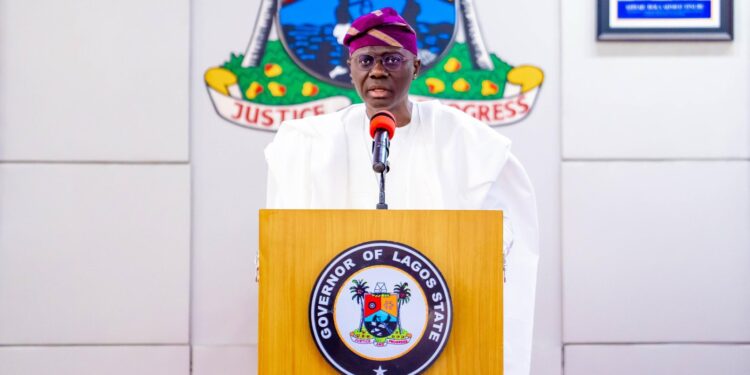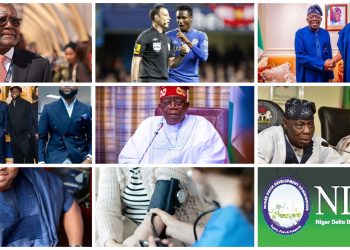Lagos State Governor Babajide Sanwo-Olu announced that the newly inaugurated Industrial Leather Hub in Matori, Mushin, is expected to generate ₦387.5 billion (over $250 million) in annual leather export revenue once fully operational.
The governor unveiled these projections during the commissioning ceremony, highlighting the hub’s role in transforming Lagos into West Africa’s leather logistics capital.
He described the initiative as a vital element in Nigeria’s broader strategy to diversify its economy away from oil dependency.
Among its far-reaching targets, the hub is set to create over 10,000 jobs within three years, with a significant 70% of positions reserved for women and youth.
Additionally, more than 150,000 artisans will gain access to advanced training and startup support to boost competitiveness across the leather value chain.
Sanwo-Olu credited the push for such inclusive empowerment to the influence of First Lady Oluremi Tinubu, whose advocacy for women and youth played a key role.
The project also enjoys backing from the Council for Leather Exports and private investors rallying behind Lagos’s aspirations as the next big leather frontier in Africa.
He revealed plans to integrate the hub with fashion districts, e-commerce platforms, and even the Lagos Blue Line Rail, ensuring smooth logistics for goods and mobility for people.
Lagos is strategically positioning itself as a major player in global leather exports building on Nigeria’s vast potential.
This hub strengthens that vision by providing infrastructure, training, and access to market value chains.
Despite the collapse of much of the leather industry in recent years due to infrastructure decline, the new hub offers a tangible path toward revitalization.
Supporters say that affordable power and modern processing facilities remain essential to sustain this revival.






